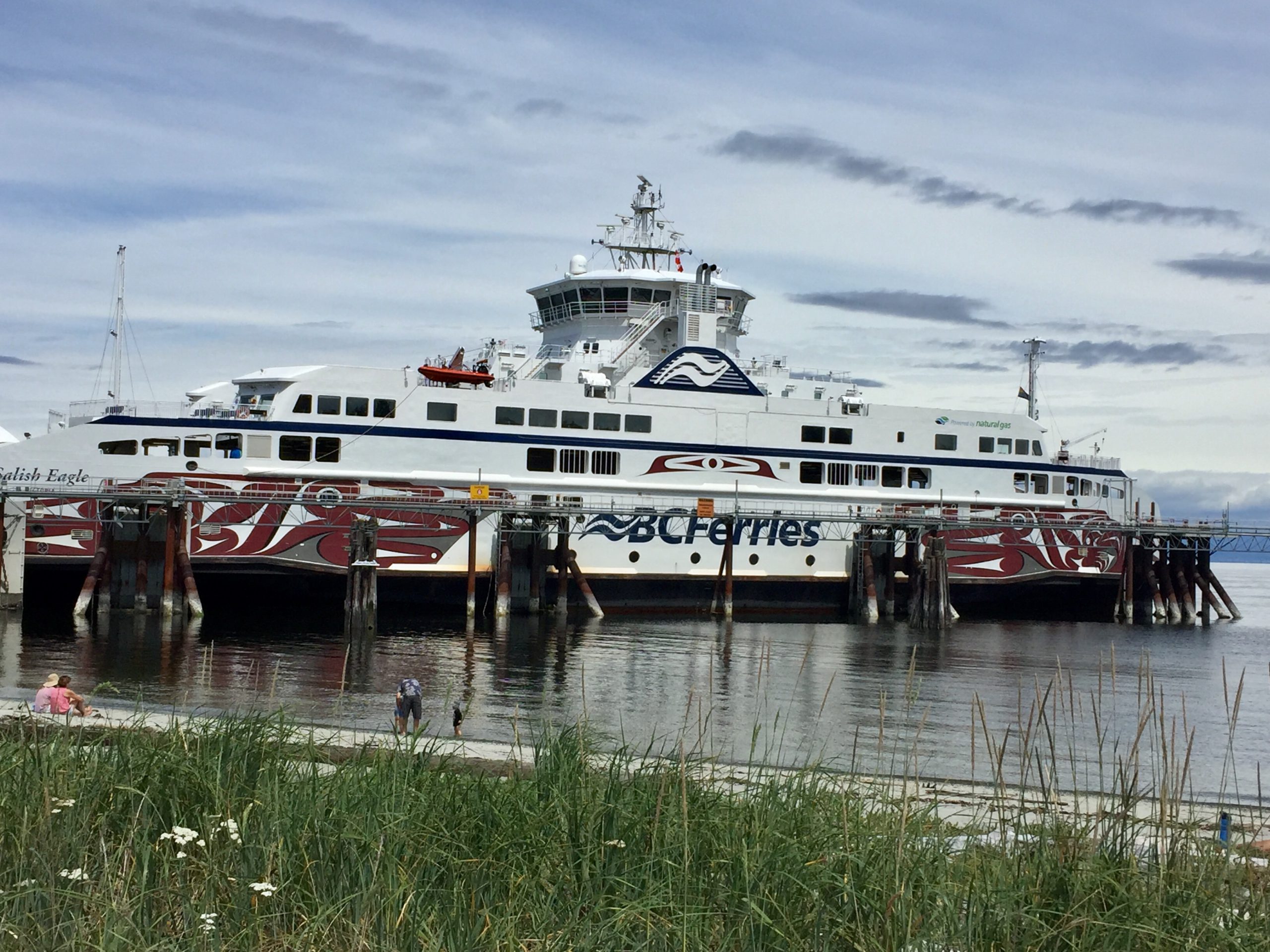So far, so good for BC Ferries when it comes to the provincial health order banning non-essential travel.
BC Ferries reported a 32 percent dip in passengers and 25 percent reduction in vehicles across its fleet last weekend, compared to the previous one.
Spokesperson Deborah Marshall says people seem to be getting the message to stay on, and off, Vancouver Island unless it’s essential.
“Our traffic was already down substantially, but with that additional drop, what it means to us is that customers are clearly heeding the order that the province has recently issued and that is to travel for essential reasons only,” Marshall said.
It’s the same story on the smaller routes. For example, it was a quiet weekend on the Comox/Powell River crossing, which connects the Island Health and Vancouver Coastal Health zones.
Marshall says passenger and vehicle traffic was down 31 and 26 percent, respectively, on that route last weekend compared to the one before.
“So again, that does show that people are reducing their travel, and we’re asking people to travel for essential reasons only,” she added.
BC Ferries will deny passage to anyone travelling for non-essential reasons, on routes that connect different regional zones as defined by the order.
This affects the following routes:
- Vancouver – Victoria
- Vancouver – Nanaimo
- Vancouver – Southern Gulf Islands
- Vancouver – Nanaimo
- Comox – Powell River
- Port Hardy – Prince Rupert
Marshall says while BC Ferries’ is taking a financial hit, it’s for the greater good of preventing the spread of COVID-19.
“Back in December, we were very thankful that the province included us in the Safe Restart funding, so that was $308 million dollars which is greatly appreciated, but right now we’re not as focused on the bottom line as we’re focused on keeping people safe.”
Last Friday, the province said it’s working with police to set up periodic road checks at key travel corridors during, it says, “times associated with leisure travel to remind travellers of the order.”
These road checks will be set up near ferry terminals and on major highways connecting different regions of the province.
If deemed necessary police, fines for $575 can be handed for violating the Emergency Program Act travel.
This order applies to non-essential travel.
It does not apply to:
- carrying out a work-related purpose, including volunteer work;
- moving to a different principal residence or assisting a person to move for that purpose;
- commercially transporting goods;
- receiving health-care services or social services or assisting someone to receive those services;
- attending court;
- complying with a court order;
- spending parenting time with a minor child;
- accessing child care;
- attending classes or receiving training at a post-secondary institution or school;
- responding to an emergency or a critical incident, including incidents that involve search and rescue operations;
- providing care or assistance to a person who requires care or assistance because of:
- a psychological, behavioural or health condition; or
- a physical, cognitive or mental impairment.
- visiting by an essential visitor as provided in the guidance of the Ministry of Health set out in a document titled Ministry of Health – Overview of Visitors in Long-Term Care and Seniors’ Assisted Living that was in effect on April 1, 2021;
- attending a funeral service;
- travelling under the authority of a variance of an order issued by the provincial health officer under the Public Health Act if the variance was made before this section comes into force;
- travelling by residents of the local health areas of Bella Coola Valley or Central Coast to Port Hardy to obtain essential goods and supplies;
- travelling by residents of the local health area of Hope to Chilliwack to obtain essential goods and supplies;
- travelling by residents of the Nisga’a Health Authority region into the Northern-Interior Health Authority region; and/or
- returning to one’s own principal residence.
The order is in place until at least May 25th.






